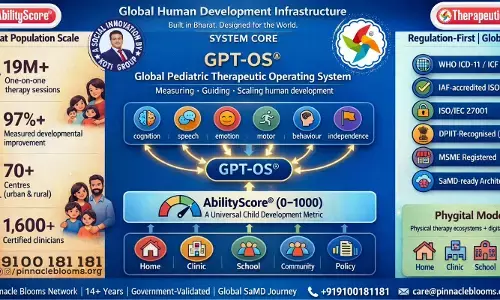Antibiotic use in C-section deliveries can disrupt immune systems in infants

Doctors have long understood that antibiotics that protect infants from infection also can disrupt the normal growth of their gut bacteria. However, a new study reveals that the consequences of routine antibiotic use may be deeper and longer lasting than expected.
Doctors have long understood that antibiotics that protect infants from infection also can disrupt the normal growth of their gut bacteria. However, a new study reveals that the consequences of routine antibiotic use may be deeper and longer lasting than expected.
The study, published in Science Translational Medicine, shows that short-term disruption of gut bacteria makes infant mice more likely to develop pneumonia. It also makes them more likely to die from it. Longer term, continued disruptions to gut bacteria appears to cause permanent immune system damage.
Led by researchers at Cincinnati Children’s Hospital Medical Center, the study may spark a wider conversation about antibiotics use, including the near-automatic practice of prescribing them to women before Cesarean section deliveries, according to the authors.
“It is time to begin pushing back on practices that were established decades ago, when our level of understanding was different,” says Hitesh Deshmukh, MD, PhD, a neonatologist, pulmonary biologist and lead author of the study.
“To prevent infection in one infant, we are exposing 200 infants to the unwanted effects of antibiotics. A more balanced, more nuanced approach is possible.” Nearly every C-section in the U.S. involves prescribing antibiotics to mothers shortly before delivery.
Up to 30 percent of newborns in neonatal intensive care units (NICUs) also receive antibiotics. The treatments help prevent Group B streptococcal infections the leading cause of deadly infections in newborns.
However, in most cases the drugs are given as a precaution, not because infections have been confirmed, Deshmukh says. Once taken, the antibiotics act against a wide range of bacteria, be they good or bad. It turns out that commensal or “good” bacteria play a vital role in building a healthy immune system.
Even after birth, an infant’s lungs are still forming and their immune defenses remain under construction. For more than two years, Deshmukh and colleagues conducted experiments in mice to define how this process works. They found that strong defenses depend on a flow of molecular signals occurring as the body reacts to waves of normal bacteria colonizing the gut.
These signals tell the lungs when to build immune cells, how many, and where they should be deployed. Specifically, the presence of commensal bacteria triggers the production of group 3 innate lymphoid cells (ILC3). These sentinel cells migrate to mucosal linings in the lungs, where they produce Interleukin-22 (IL-22).
This vital signaling protein helps activate the immune response to infection. The problem is when antibiotics wipe out good bacteria, they cut off that important flow of signals. As a result, the lungs build weaker castle walls with fewer guards on duty. If antibiotic use is limited and early, a human infant would have some time to replenish commensal bacteria.
But the process can take months, Deshmukh says, and the result may not be a normal mix of bacteria. After about a year, human infants have completed building their immune systems. That means any construction weaknesses are likely to be permanent. This outcome of excess antibiotic use may help explain why some people with no obvious genetic risk factors develop asthma or other lung diseases later in life, Deshmukh says.

















